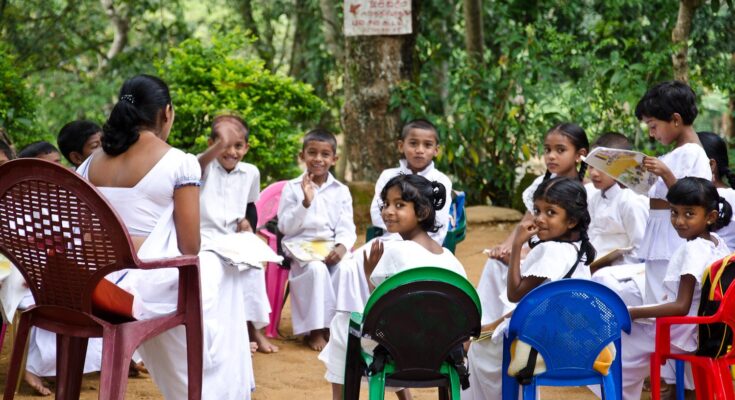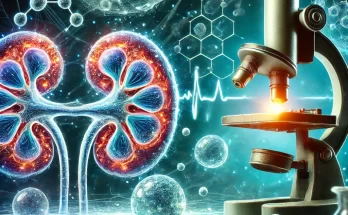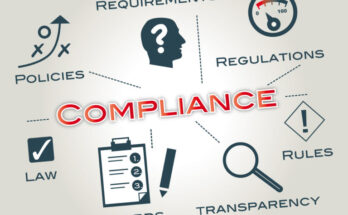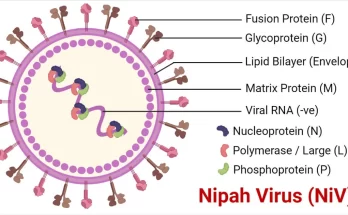With some hiccups here and there the COVID vaccination in Sri Lanka is slowly getting in to a well organized program even with the limited stocks of vaccines the country is receiving from different sources and manufactures. Recently Sri Lankan health authorities published a priority list categorizing different groups of the society in to an order to receive the vaccine. According to this list Healthcare workers, Elderly citizens who are over 60 yrs old, and pregnant women get the priority in vaccination programs.
But many ask why we do not add children in the list as a priority group? Is it OK to leave them behind in the COVID 19 vaccination program? The answer to these questions were discussed in the latest episode of Science in Five video series by WHO.
Why vaccinating children is not a priority? When would their vaccination be prioritized? How is safety of these vaccines ensured? WHO’s Chief Scientist Dr Soumya Swaminathan explained in this short episode of Science in Five.
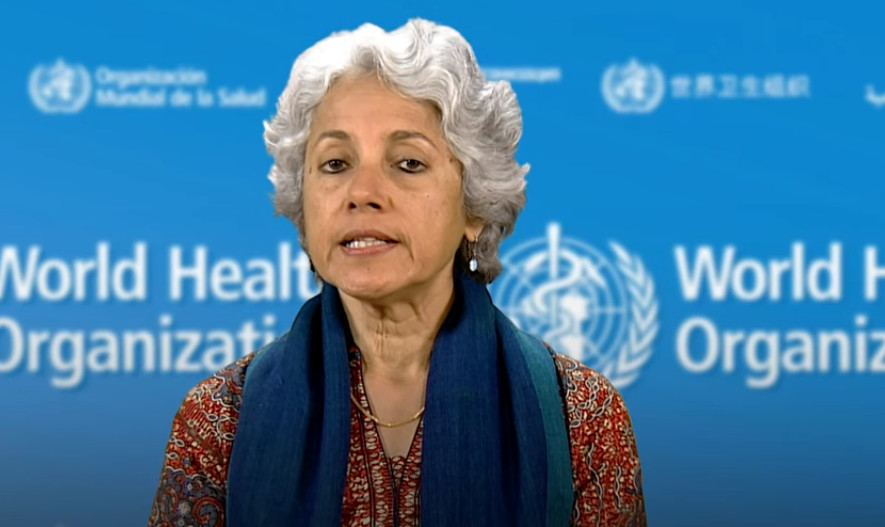
Dr. Soumya first explained why vaccinating children is not a priority right now,
“In a special announcement in June 2021, WHO is saying that vaccinating children is not a priority is because children, though they can get infected with Covid-19 and they can transmit the infection to others, they are at much lower risk of getting severe disease compared to older adults. And that is why when we started prioritizing people who should get the vaccination when there are limited supplies of vaccines available in the country, we recommend that we start with health care workers and frontline workers who are at very high risk of exposure to the infection.”
“Also, elderly, the people who have underlying illnesses that make them at high risk to develop severe disease and start with those groups, protect them first, because we want to reduce the death rates that we are seeing today globally and then gradually come down age-wise in the population till we get to children. And again, while there may be some children who are at higher risk of getting the severe disease because of some underlying illnesses or vulnerabilities or comorbidities, those children potentially could be prioritised for vaccines when they become available.”
“But children as a group form a much lower priority group. “
Dr. Sooumya Swaminathan explained the current situation of globally available vaccines against COVID 19 and the current clinical trials going on to check the safety of these vaccines when used in children. According to Dr. Soumya most vaccine companies and developers are currently doing studies in children, starting with the 12 to 18 year olds and then progressively going down to younger and younger age groups. So as that scientific data comes out of the studies, the SAGE, which is the strategic advisory group of experts on immunization that actually develops vaccination policy for WHO, which is then adopted by many countries. The SAGE will look at this data as it comes and make recommendations on how the vaccine should be used in children, at what dosage, what interval, etc. whether there are any safety precautions or contraindications, all of that will be provided in detail. But again, to go back to the point of children, except for very few children who are at a high risk, not considered to be a high priority right now because we have limited doses of vaccines, we need to use them to protect the most vulnerable. And also, we have to remember the fact that it’s not necessary that children must get the vaccine before they can go back to school. We’ve seen in many countries that schools have been kept open very successfully.
“And as long as the adults who are working in the school environment are vaccinated and adults in the community are getting the vaccine so that infection rates start dropping, then by following the other public health measures that have been advised for school safety, schools should be able to reopen safely.” she further added.
In her discussion with Vismita Gupta-Smith Dr. Soumya explained about the safety of these vaccines as well,
“WHO places a lot of importance on the safety of vaccines, and in fact, we have a group called the Global Advisory Committee on Vaccine Safety. These are experts from all over the world who meet regularly and who advise WHO periodically, monitoring the safety signals from vaccines that are being used around the world and advising WHO if they want to make any specific recommendations. So, as you know, these vaccines are first put through clinical trials to assess the safety and efficacy.”
“So the same thing is happening in children now. All of these vaccines are undergoing testing in children to make sure that they are safe as well as effective and establish the dose at which they should be used. And following those studies, which usually involve a few thousand children, as these vaccines get deployed in children, we will continue to monitor the safety through the existing adverse event reporting systems and the pharmacovigilance programs. And all the data comes to WHO from regulatory agencies, from these global monitoring systems, so that we can periodically review the safety data and make any recommendations if there are any concerns about safety.”
“Those will immediately lead to an alert on the usage. So we will be monitoring the safety of vaccines as they get rolled out.” she concluded.
In Sri Lanka all the schools around the island are now closed for over a year and school education system is facing many hurdles with the ongoing onilne education programs.

